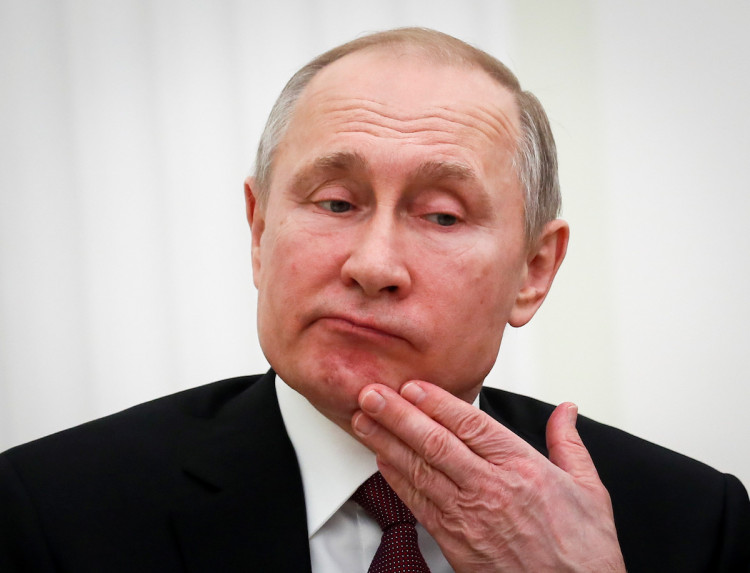The formidable march of Wagner Group's Russian mercenaries towards Moscow was abruptly stopped on Saturday, with its leader Yevgeny Prigozhin citing a desire to avert bloodshed as the rationale behind this decision. This move has seemingly curtailed the potential threat to President Vladimir Putin's administration, even as it raised questions about Putin's grip on the nuclear-armed nation.
The founder of the Wagner army and a one-time Putin ally, Prigozhin claimed that his troops managed to get within 125 miles of the Russian capital. This news followed the takeover of the city of Rostov and a swift northern dash, where they reportedly broke through barriers intended to impede their progression.
The Kremlin spokesperson Dmitry Peskov announced a Belarus-brokered deal under which the charges against Prigozhin for armed rebellion would be dropped, and the latter would move to Belarus. Furthermore, the mercenaries who participated in Prigozhin's "march for justice" would face no action in acknowledgment of their past services to Russia. Peskov deemed this agreement crucial to prevent confrontation and bloodshed.
Throughout these events, the Russian regular armed forces seemed to offer little resistance to the Wagner Group's sudden insurrection, leading to further speculation about the state of affairs in Russia. Prigozhin previously stated that the march aimed to oust what he considered corrupt and incompetent Russian commanders responsible for mismanaging the war in Ukraine.
Responding to these developments, Putin asserted the rebellion threatened Russia's existence, promising retribution for those instigating "an armed insurrection". Meanwhile, Ukrainian President Volodymyr Zelenskiy pointed out the apparent disarray at Russia's core, describing it as "complete chaos".
Prigozhin's troops comprise thousands of ex-convicts recruited from Russian prisons. He has been vocal about his dissatisfaction with Russia's military leaders, accusing them of incompetence and withholding ammunition from his fighters.
This internal conflict coincides with Kyiv's strongest counteroffensive since the Ukraine war started in February of the previous year, highlighting the prospect of a split in Russian ranks.
Western capitals are keeping a close eye on the situation, with U.S. President Joe Biden engaging with the leaders of France, Germany, and Britain, and Secretary of State Antony Blinken liaising with his G7 counterparts.
Despite the apparent halt of Wagner's advance, the fallout of the rebellion on Russia's invasion force in Ukraine remains to be seen.





